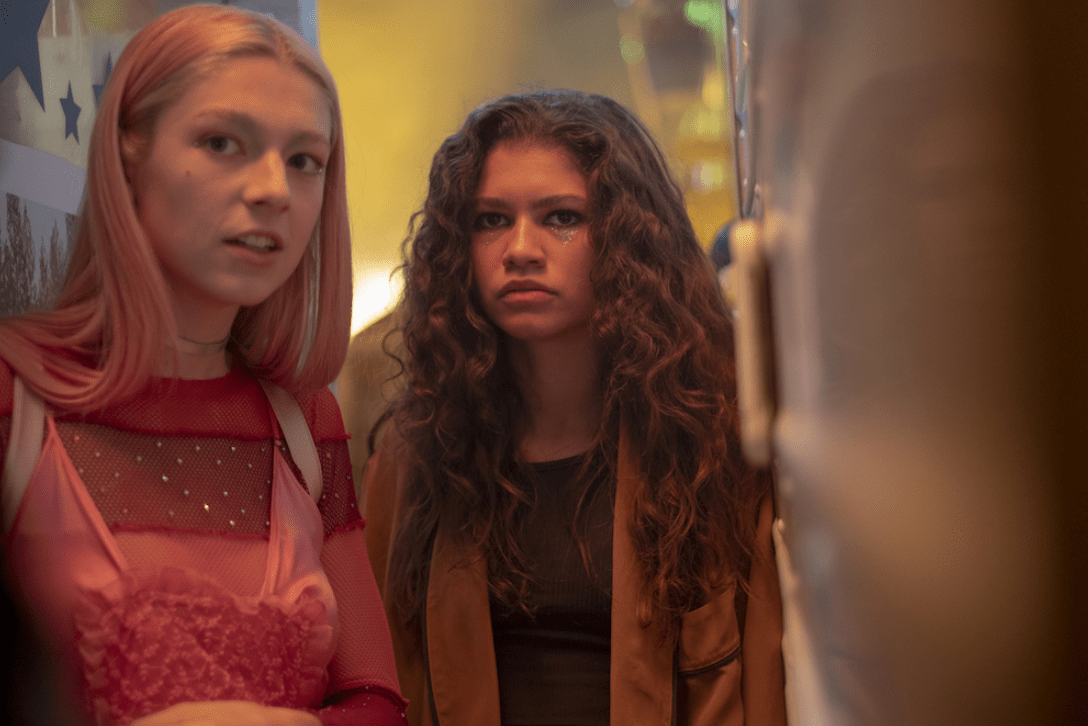Apparently, if Gen Z has its wish, gone will be the days of gyrating teens onscreen seeking sex, drugs, and recklessness á la “Euphoria.”
The new UCLA “Teens and Screens” study, conducted by the Center for Scholars & Storytellers, found that across 1,500 members of Gen Z ages 10 to 24, young people wanted more relatable stories that emphasized platonic relationships instead of sexual content. To note, only respondents age 13 to 24 were asked about intimate content.
Adolescents opted to see “lives like their own” onscreen, which included less romance. Forty-eight percent of adolescents feel that “sex and sexual content is not needed for the plot of most TV shows and movies,” with 51.5 percent wanting to see more content focused on friendships and platonic relationships.
“While it’s true that adolescents want less sex on TV and in movies, what the survey is really saying is that they want more and different kinds of relationships reflected in the media they watch,” Dr. Yalda T. Uhls, founder and director of CSS and co-author of the study, said. “We know that young people are suffering an epidemic of loneliness and they’re seeking modeling in the art they consume. While some storytellers use sex and romance as a shortcut to character connection, it’s important for Hollywood to recognize that adolescents want stories that reflect the full spectrum of relationships.”
Uhls pointed to the scientific fact that modern young people are having less sex than their parents did at their age and many prefer to stay single.
CSS youth engagement manager Stephanie Rivas-Lara, who is also a first author of the study, spoke to her generation as a whole.
“As a member of Gen Z myself, I wasn’t surprised by some of what we’re seeing this year,” Rivas-Lara said. “There has been a wide-ranging discourse among young people about the meaning of community in the aftermath of COVID-19 and the isolation that came with it. Adolescents are looking to media as a ‘third place’ where they can connect and have a sense of belonging — and with frightening headlines about climate change, pandemics, and global destabilization, it makes sense they are gravitating towards what’s most familiar in those spaces.”
And familiarity is also found in the comfort of binge watching, with twice as many surveyed adolescents opting for full drops of seasons instead of weekly episodes released. So, will a possible third season of “Euphoria” find the same audience acceptance it once did? Perhaps less sex is key.






